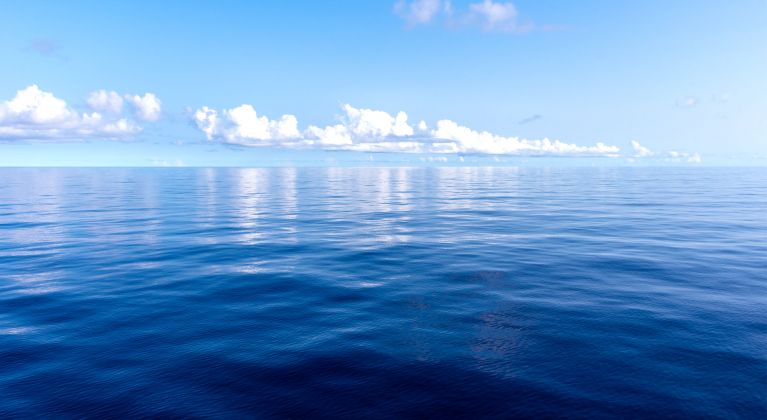
Libya: Sanctions overview
- Home
- Latest updates
- News
- Libya: Sanctions overview
In 2011, following the outbreak of civil war in Libya and subsequent human rights violations, the UN and the EU imposed sanctions on Libya. It is important that Members are aware of these sanctions if they are conducting business in or near Libya.
UN Sanctions
Illicit Crude Oil Exports
UN Resolution 2146/2014 targets “illicit” crude oil exports from Libya (i.e. any crude oil exports that are not approved by the official Libyan government) and requires Member States to (a) inspect vessels designated by the UN that might be carrying illicit crude oil (b) ensure the return to Libya of any illicit crude oil thereby discovered and (c) prevent any designated vessel carrying illicit crude from calling at any of their ports.
In November 2018 the UN decided to extend until 15 February 2020 the authorisations provided by and the measures imposed by resolution 2146 (2014), and decided further that the authorisations provided by and the measures imposed by that resolution shall apply with respect to vessels loading, transporting, or discharging petroleum, including crude oil and refined petroleum products, illicitly exported or attempted to be exported from Libya.
Arms Embargo
UN Resolution 1970/2011 imposes an arms embargo on Libya, banning Member States from selling to or buying from Libya any cargo that includes armaments, and requiring them to seize any such cargoes that are discovered. The Resolution also requires Member States to freeze the assets of various individuals.
Travel Bans and Asset Freezes
Member States are required to prevent the entry into or transit through their territories of all listed individuals and to freeze funds, other financial assets and economic resources owned or controlled directly or indirectly by listed individuals in Resolution 1970 (2011).
EU Sanctions
EU sanctions apply to EU nationals and registered entities as well as non-EU entities carrying out business in the EU. The sanctions apply within the territory of the EU and on board any vessel under the jurisdiction of an EU Member State.
EU Council Regulation 204/2011 gives effect to UN Resolution 1970/2011, but also extends the arms embargo to include any equipment that might be used for internal repression, as well as “dual use” goods that could potentially have that purpose. Various individuals and entities are also subject to asset freezes under EU law.
U.S. Sanctions
U.S. restrictions with respect to Libya include an Executive Order blocking property and prohibiting certain transactions. Full details of the U.S. regime and lists of OFAC Specially Designated Persons can be found on the U.S. Department of the Treasury website: https://www.treasury.gov/resource-center/sanctions/Programs/pages/libya.aspx

